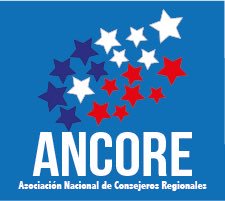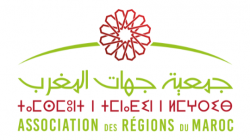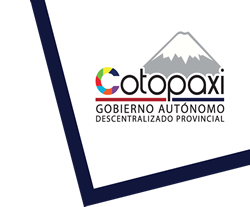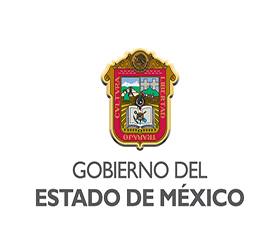Decentralization process in Niger

M. ILLO Adamou
President of the Regional Council of Tahoua
Vice-President of the Association of Niger Regions (ARENI)
Treasurer General of the Association of French-speaking Regions (AIRF)
In Niger, decentralization is a relatively old process. It was already provided for in the constitutions of 12 March 1959 (Title IX, Article 57) and 8 November 1960 (Title X, Article 68) before undergoing a long eclipse due in particular to the military regime (1974 - 1987). It was not until 1994 that a special commission was set up to consider the administrative redistribution. This commission is an integral part of the peace agreements of 9 October 1994 in Ouagadougou and 24 April 1995 in Niamey. In 1996, the parliament adopted a law on the fundamental principles of the free administration of regions, departments and municipalities, which defines their respective competences and resources
The first local elections were held in 2004 to set up the executive and legislative bodies of 265 municipalities, including 213 rural municipalities. On 31 July 2008, Act No. 2008-42 was adopted, which provides that "Local authorities are human groups geographically located in a part of the national territory on which the State has conferred legal personality and the power to administer themselves freely by elected authorities".
Then it is the constitution of the 7th Republic which provides in its title IX "Territorial authorities" for the creation of territorial authorities which are freely administered. And Ordinance No. 2010-54 of 17 September 2010 on the General Code of Local Authorities confers powers on the local authority region and municipalities to promote their economic, social, educational, health, cultural and sporting development. The elections held in 2011 made it possible to appoint the second term of office of local elected officials throughout the country. The local elections scheduled for 2016 did not take place on time, but the government, relying on legal and regulatory provisions, maintained the various executives of local authorities and their legislative bodies, with the exception of cases of serious misconduct, where these bodies were replaced by special delegations, i.e. by appointed officials. And to return to a normal situation, the next local elections are scheduled for 2020.
The current administrative map of Niger includes eight (8) administrative districts and seven (7) territorial authorities, sixty-three (63) departments as levels of devolution of State services, two hundred and fifty-five (255) municipalities, including four (4) with special status (Cities) having a total of fifteen (15) municipal districts.
The Council of Ministers held on Tuesday 26 January 2016 saw the signature of eight (8) draft decrees transferring the powers and resources of the State to Territorial Communities.
a) a) To the Regions of local and regional authorities, in the following areas: -Hydraulics and Sanitation; Public Health; Secondary Education; Urban Safety and Sustainable Development Environment, Vocational and Technical Training;
b) b) to the Municipalities, in the following areas: -Hydraulics and Sanitation; Public Health; Primary Education, Literacy, National Language Promotion and Civic Education; Urban Health and Sustainable Development Environment, Vocational and Technical Training.
To make coherent progress in the construction of decentralization in Niger, we are working on the creation of a territorial civil service, in order to give local authorities the means in terms of quality personnel to carry out their missions. Moreover, it is clear that the decentralization undertaken in Niger cannot be successfully carried out without the support of competent, qualified and professional human resources capable of leading change and implementing reforms and local development programmes..
In short, it can be said that the decentralization project is being built in Niger with the will of the State and its partners, which is first materialized by the definition of the legal and institutional framework in which it is carried out, all aspects are taken into account or at least most of the concerns have been taken into account in order to establish a coherent decentralization in Niger that places the populations at the centre of all concerns of Local Elected Representatives and the State, both in terms of the delivery of quality local public services and in terms of citizen participation in the management of local affairs and citizen control of public action..





















































